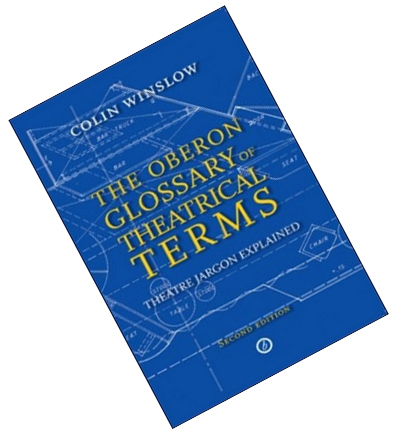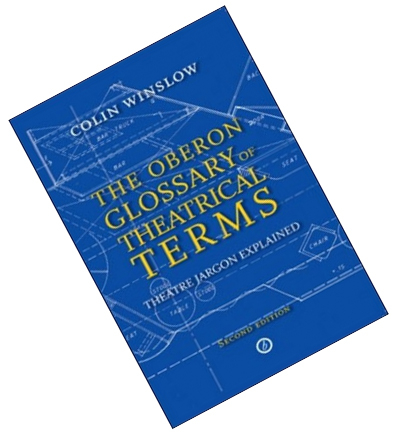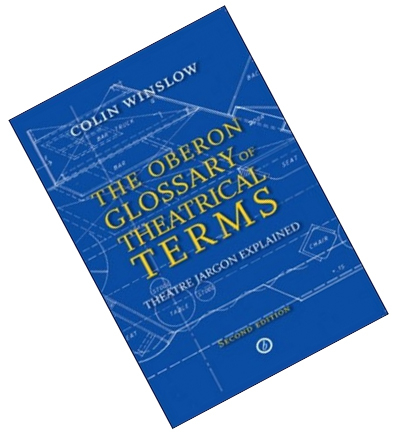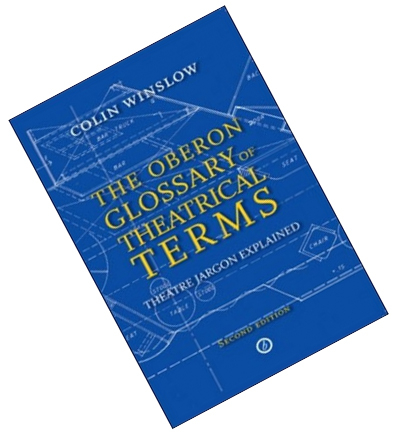Theatre jargon explained – from Matinee Idol to Pinter Pause

How many times have you found yourself in a conversation that you are unable to partake in due to a lack of jargon knowledge? The Oberon Glossary of Theatrical Terms is a wonderful book chock full of theatrical jargon explanations.
Following on from our last article, today we look at 'M' to 'P'.
Maroon: Electrically-detonated, explosive device for producing the sound effect of an offstage explosion. Must be used in a specially prepared bomb tank with appropriate safety precautions.
Matinee Idol: A popular, good looking actor, especially attractive to the usually older matinee audiences (WOS: Michael Ball?)
Nose putty: Malleable plastic material for building false noses, warts, scars etc. directly onto the face.
OP Riots/Old Price Riots: Disruptive riots that took place over a period of three months in the Covent Garden Theatre, London in 1809, protesting against increased admission prices. Performances were interrupted with cries of 'OP!' (Old Prices!), and so much damage was done that the management eventually gave in, and restored the old prices.
Pinter pause: A lengthy pause such as those frequently indicated in the plays of Harold Pinter.
The Oberon Glossary of Theatrical Terms by Colin Winslow is published by Oberon Books.













